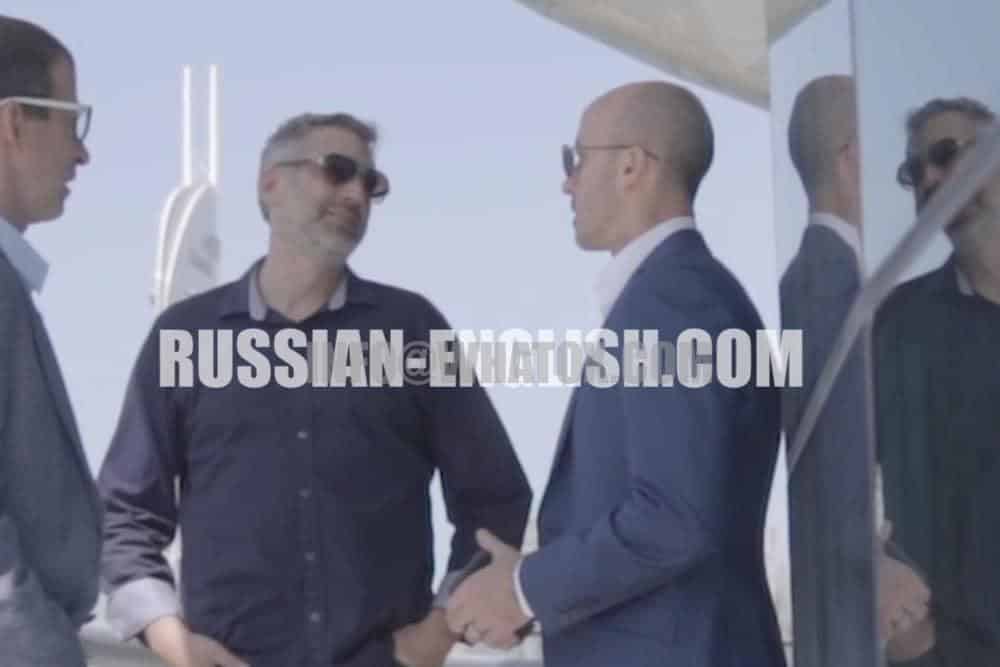Swiss company's trade in Russian gold exposes gap in Western sanctions
Open Mineral's Abu Dhabi subsidiary is not bound by Berne rules. A Swiss trader's Abu Dhabi subsidiary was able to buy tens of millions of dollars' worth of Russian gold,
Dubai@Whatox.com | Whatsapp Concierge – translation, business consulting, and support in Dubai, Abu Dhabi, and the UAE | WhatsApp +971 55 709 0383 | Your path to success in the Emirates!
despite a ban on Swiss organisations engaging in such activities, the latest evidence of a loophole in Western sanctions against Moscow.
Last August, Switzerland adopted an EU ban on the "direct or indirect import, purchase or transfer" of Russian gold, including shipments to third countries, one of a host of Western measures introduced in response to Russian President Vladimir Putin's attack on Ukraine.
But a provision in Swiss law allows its companies' foreign subsidiaries to trade in Russian goods as long as they are "legally independent" - a term that Switzerland's sanctions enforcement agency has not defined.
According to documents obtained by the Financial Times and confirmed by a Swiss commodity trader.
The documents were supported by Russian customs declarations provided to the FT by the Free Russia Foundation, a pro-democracy group.
The UAE, the Middle East's main trading and financial hub, positions itself as a neutral regional power.
Open Mineral AG, which is backed by Abu Dhabi wealth fund Mubadala, said it "takes compliance very seriously and has taken all necessary steps to confirm that Open Mineral Ltd has not violated any applicable laws."
The trades by Open Mineral's UAE subsidiary are further evidence that some traders are using a playbook to keep Russian oil and gold flowing.
Open Mineral's approach is similar to that of Paramount Energy & Commodities SA, the Swiss trader that owns Paramount Energy and Commodities DMCC in Dubai.
Last month, the FT reported that Dubai-based Paramount was continuing to sell Russian oil from the eastern oil port of Kozmino, where cargoes are routinely assessed by pricing agencies as trading above the G7 cap price that is designed to cut Moscow’s oil revenues. . Paramount has denied breaking any sanctions, saying the Dubai company operates and is run “completely independently”. While Switzerland mirrors the EU sanctions, the country’s State Secretariat for Economic Affairs (Seco) has said they are “legally independent subsidiaries of Swiss companies abroad” . . . [are] not generally bound by Swiss sanctions regulations.”
It said this was due to the "principle of territoriality," meaning that Swiss law only applies to citizens residing in the country and companies registered in the country.
In contrast, the EU does not allow foreign subsidiaries to continue trading in banned Russian goods because all sanctions include a non-circumvention clause designed to ensure that companies comply with both the spirit and the letter of the law.
Seco declined to specify any conditions under which the two entities would not be considered "legally independent."
"Such issues will be analyzed on a case-by-case basis. There is no general policy," the statement said.
Open Mineral AG said the UAE company had its own office, directors, employees, bank accounts and credit lines in the UAE, adding that it did not pay dividends to its Swiss parent. In response to questions about whether the Swiss entity exercised control or supervision over the UAE entity, Open Mineral AG said Open Mineral Ltd “operates as a separate company in the ordinary course of business.”
Switzerland, which has historically valued neutrality during conflicts and created a regulatory system that protects the secrecy of its banking and commodity sectors, has surprised the international community.
In the latest evidence of a loophole in Western sanctions against Moscow, a Swiss trader's Abu Dhabi subsidiary was able to buy tens of millions of dollars' worth of Russian gold despite a ban on such activity for Swiss entities.

